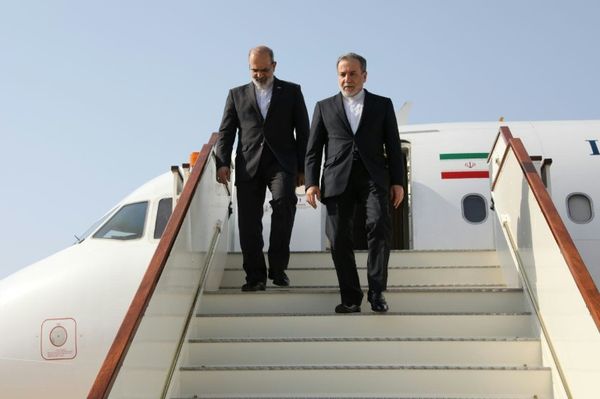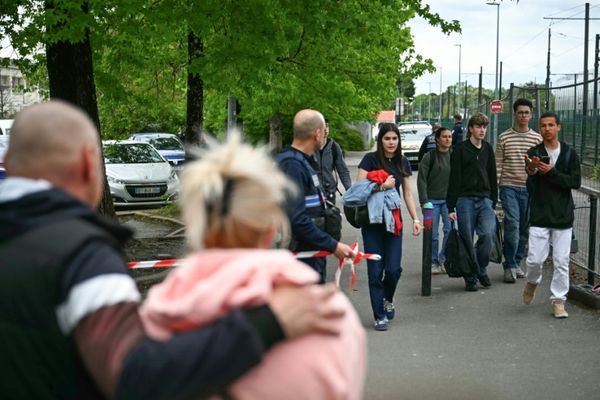When Jack Dear started studying to become a paramedic, he never realised just where his career would take him.
Now, the University of Tasmania graduate is living in Canberra after a recent stint providing medical assistance and transportation to civilians injured in Ukraine.
"It kind of all just fell together really," Mr Dear said. "I didn't picture myself doing this when I first started paramedicine, but it's turned out to be an immensely rewarding experience.
"There have definitely been a few moments where I've gone 'well, we're definitely in the deep end'. But it's immensely rewarding. It's never a pointless effort."
Mr Dear went to Ukraine with the organisation Frontline Medics, a service started up at the beginning of the war to provide Ukrainian residents on the front line with medical care, transportation and evacuation.
Days started early and often didn't end before midnight, with each village visited bringing more people in need of care and support.
It's been a steep learning curve for all involved, he said, but the reward was more than worth the effort.
"Building relationships on the ground is the only thing that allows us to do what we do," he said. "And that is all through trust."
"Frontline Medics will be there until the end. As long as we have the people and the motivation and the equipment to keep going we will be doing that."
Years of experience coming together
Mr Dear's skills have been honed through years of study and on-the-ground experience; his most recent qualification is Graduate Certificate in Healthcare in Remote and Extreme Environments from the University of Tasmania.
The course, through the university's school of expedition medicine, is specifically tailored to people looking to work in extreme and often chaotic environments, removed from typical clinical medical care settings.
In Mr Dear's case, he has also been aided by years in the military, which involved time spent in Afghanistan with the Australian Defence Force and Australian embassy.
It's a background not dissimilar to other students who have come through the course, according to facilitator in UTAS Expedition Medicine courses Dave Brown.
"People come with a spectrum of backgrounds," he said.
"So we have doctors, we have nurses and paramedics, outdoor guides … and what we're trying to do is put them in a situation and train them up where they have to do the clinical side of what they're used to in a really crazy environment.
"So it could be the dark, or the rain or the snow, or the wind — or dangling off a rope.
"It's hard enough doing medicine in a hospital where it's a controlled environment."
He said it was exciting to see people like Mr Dear then take those skills learned in this well-recognised course to another environment again.
"So we deal with things like wilderness medicine and swiftwater medicine … but seeing this (training) occur in a war zone, the humanitarian side of things, is another thing.
"At the end of the day, it's about how you interact with the world and how you leave it."
Efforts recognised
On Wednesday, Mr Dear's efforts in providing medical assistance were recognised by Ukrainian ambassador to Australia Vasyl Myroshnychenko, who was on a visit to Tasmania.
Together with fellow former UTAS student Nia Owens, who has also recently spent time providing medical assistance in Ukraine, the pair shared their experiences with the ambassador, who thanked them for what they had done.
"It's important to keep Ukraine in focus," he said. "And this story, which comes from regular people from Australia … is a powerful story.
"When it's too abstract, when it's too far away, it doesn't really affect you in any way. But when you hear a story… and you know the person who went there, it makes it very close to you, and this is what makes a difference.
"I'm always amazed by hearing personal stories of people who have actually gone there and volunteered, and have physically travelled all the way from Australia."







